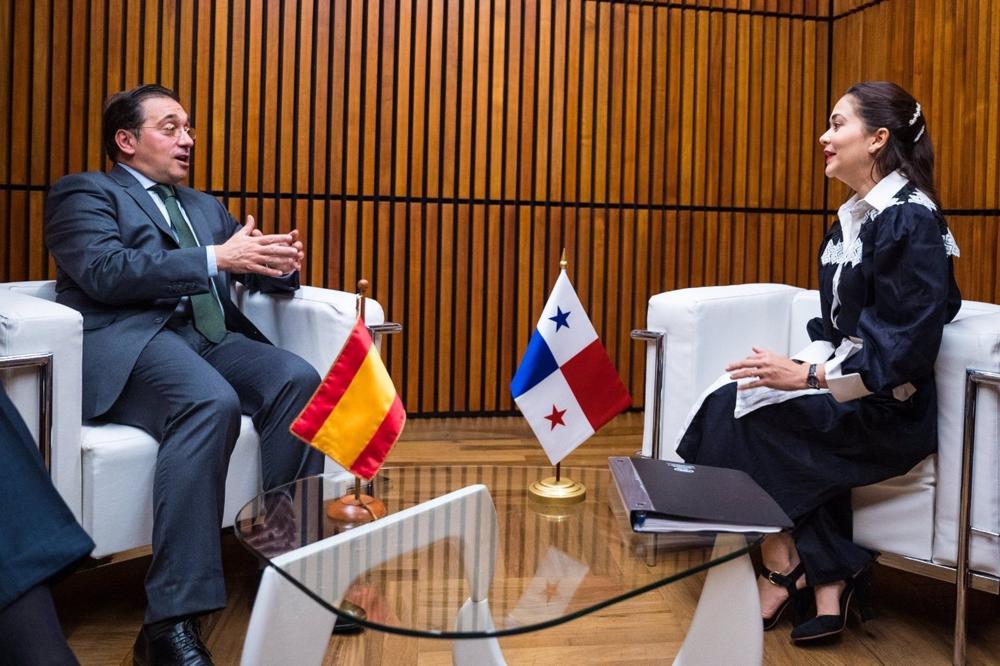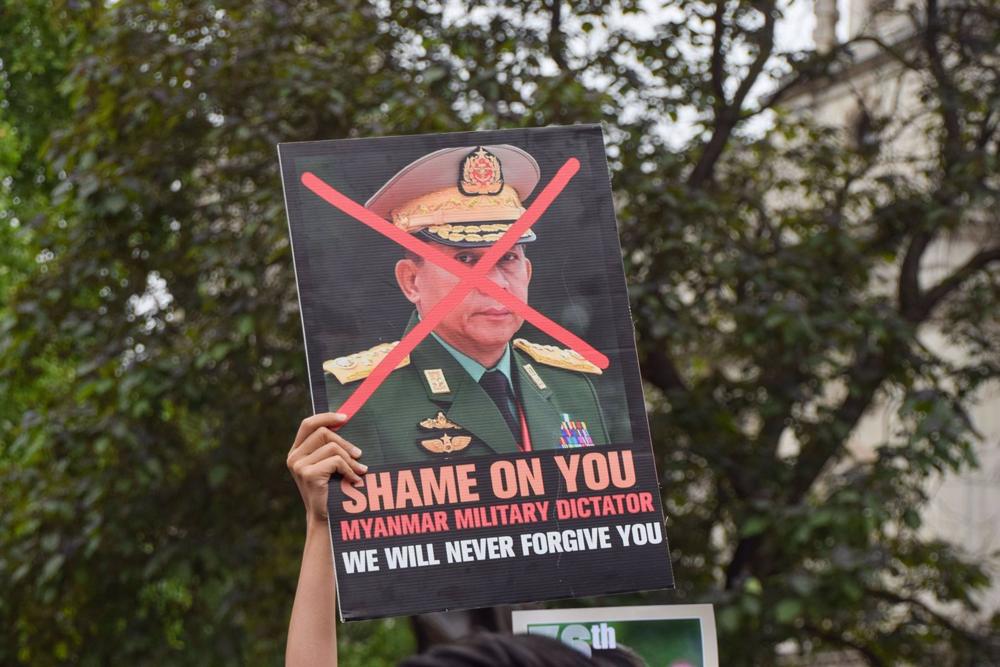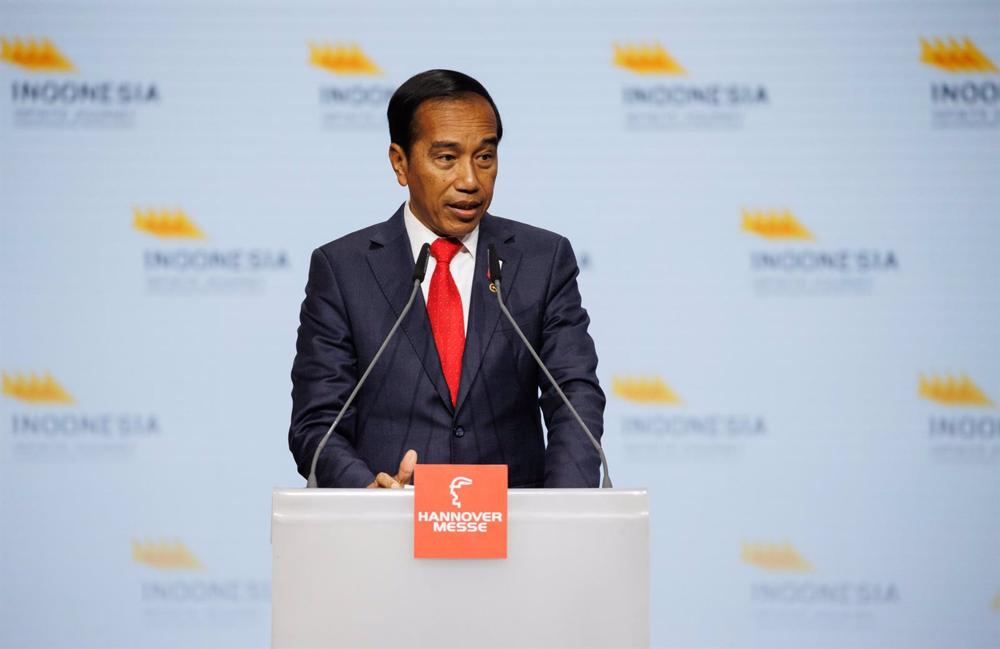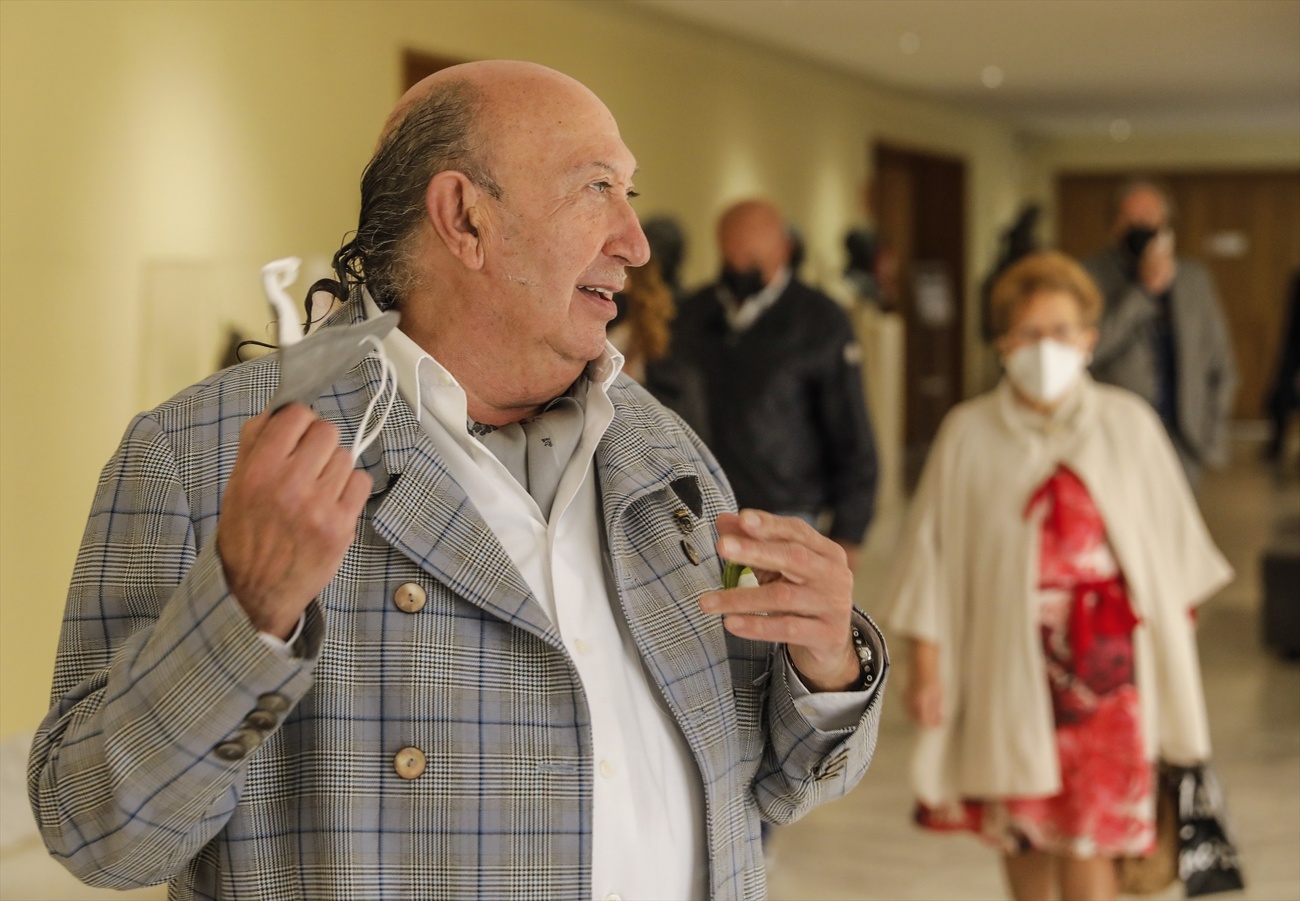
The Minister of Foreign Affairs, European Union and Cooperation, José Manuel Albares, met this Wednesday with his Panamanian and Haitian counterparts on the sidelines of the meeting in Buenos Aires of the Economic Commission for Latin America and the Caribbean (ECLAC).
Albares held his first meeting in the framework of this commission with the Minister of Foreign Affairs of Panama, Janaina Tewaney Mencomo, a meeting that he described as «excellent» and in which they discussed bilateral relations between the two countries.
«Excellent first meeting with my Panamanian counterpart Janaina Tewaney with whom I have addressed the bilateral relations between Spain and Panama,» Albares has expressed through a message posted on his profile on the social network Twitter.
He also added that both diplomats discussed the bi-regional association treaty between the European Union and Latin America and the Caribbean «to face regional and global challenges».
SUPPORT FOR THE HAITIAN PEOPLE Albares held a bilateral meeting this Wednesday with the Haitian Foreign Minister, Jean Victor Généus, to whom he conveyed Spain’s support for the Haitian people due to the humanitarian crisis facing the country.
«I conveyed the support of Spain as a donor country to Haiti in its efforts for peace and security in the face of the serious situation facing the country,» explained the minister in a message posted on his profile on the social network Twitter that has accompanied by a photograph next to Généus.
Haiti is going through a humanitarian crisis situation in the context of the convulsive political and economic situation facing the country, which began after the assassination of former President Jovenel Moise on July 7, 2021.
In addition, since the beginning of October, according to local authorities, the Caribbean country has been suffering from a cholera outbreak, with more than 2,200 suspected cases and more than 200 confirmed cases and 55 deaths.
At a delicate moment in political, social and economic terms, the poorest country in the Western hemisphere is already working against the clock to avoid a new epidemic like the one it experienced between 2010 and 2019.
A negligence of the UN ‘blue helmets’ caused a cholera outbreak in October 2010 that was not extinguished until eight and a half years later, with 820,000 cases and almost 10,000 deaths in between. Since then, the local Ministry of Health and its international partners have been working to ensure that, at least, it never reaches this level again.






